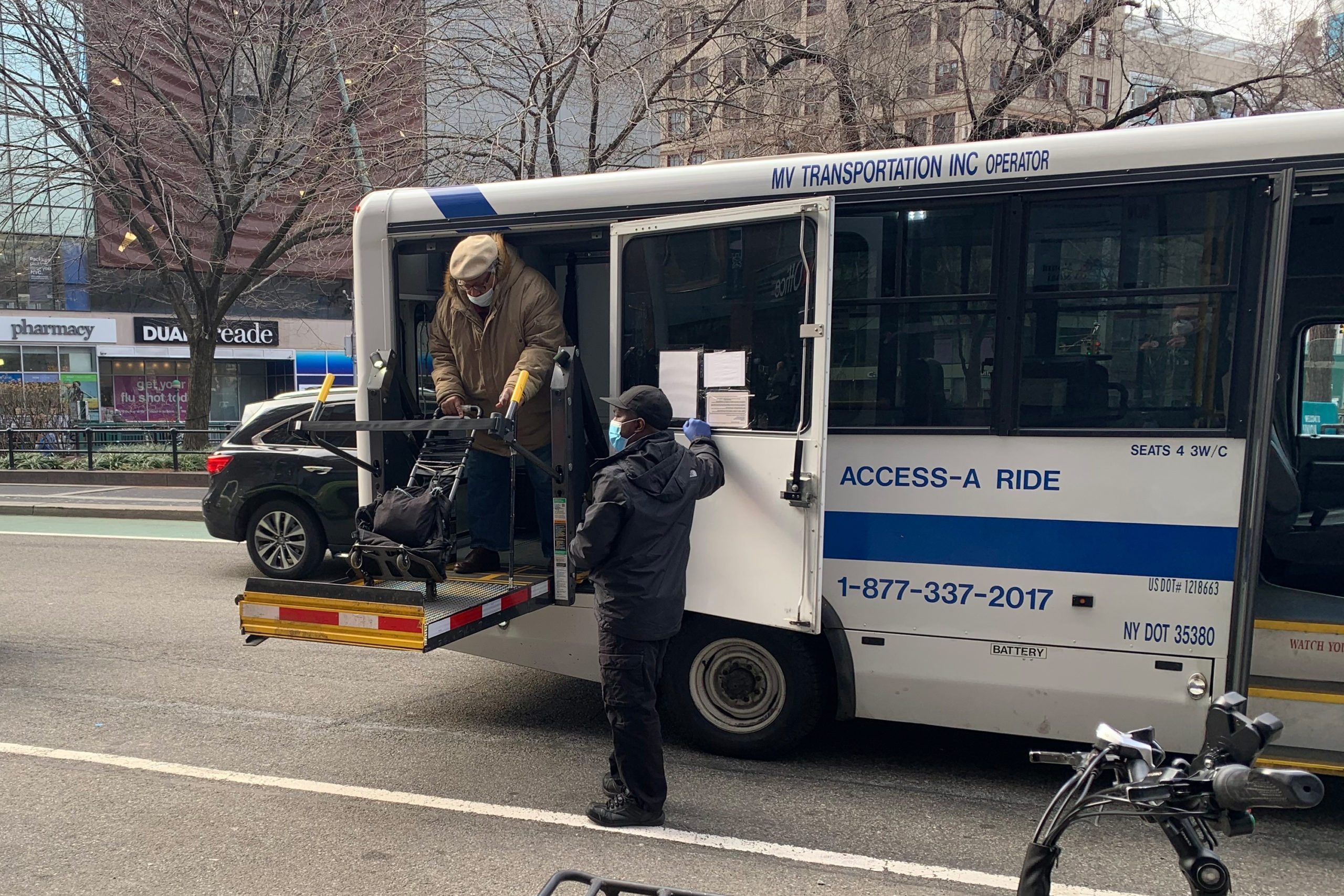MTA to Allow Live Remote Public Commenting for Board Meetings After Outcry

 This article was originally published on by THE CITY.
This article was originally published on by THE CITY.
Public speakers at next week’s MTA board meeting will, for the first time during the pandemic, be able to testify remotely while in real time.
The new format, which also doubles the public comment period to 60 minutes, gives advocates and critics of the transit agency the chance to weigh in without having to do so days in advance or without having to catch a ride to Lower Manhattan.

Brooklyn Boro
View MoreNew York City’s most populous borough, Brooklyn, is home to nearly 2.6 million residents. If Brooklyn were an independent city it would be the fourth largest city in the United States. While Brooklyn has become the epitome of ‘cool and hip’ in recent years, for those that were born here, raised families here and improved communities over the years, Brooklyn has never been ‘uncool’.